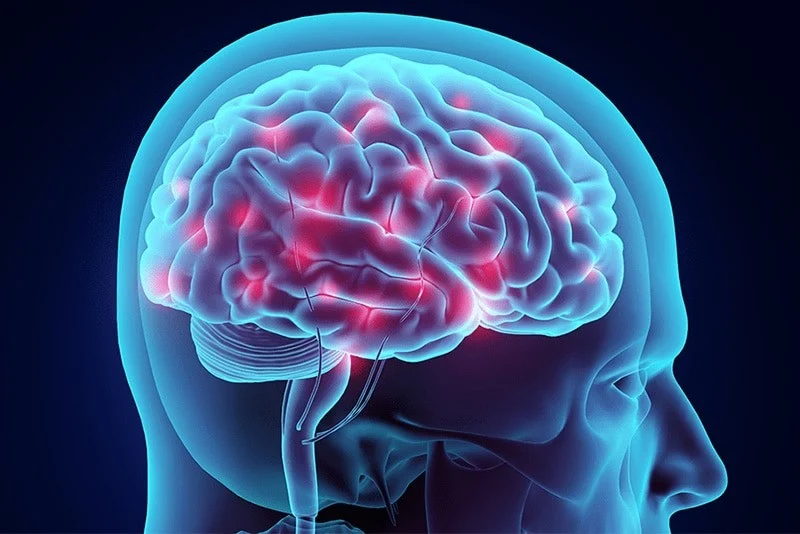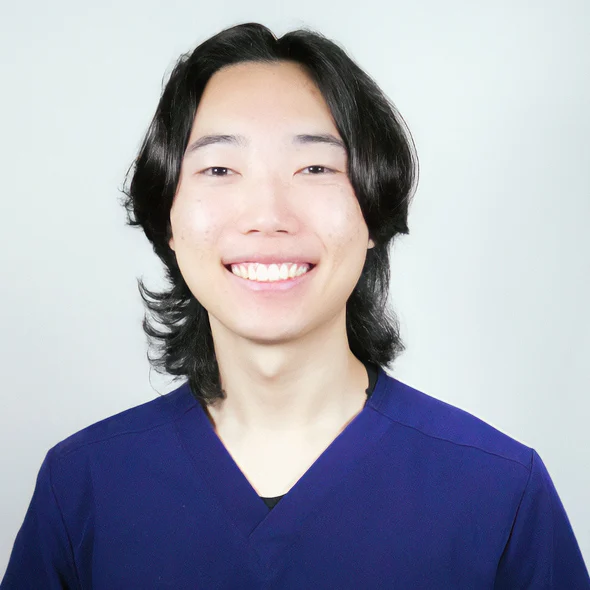The Power of Exercise: A Neuroscience Perspective
Having recently completed my undergraduate degree in neuroscience, I’m excited to share the insights I’ve gained about the incredible benefits of exercise—insights that not only reflect my academic journey but also resonate deeply in my daily life.
Physical Health Benefits
My studies have taught me just how profoundly exercise impacts both our brains and bodies. Regular physical activity can dramatically reduce the risk of chronic diseases like diabetes and heart disease, promoting a healthier lifestyle overall. Understanding the biological mechanisms behind these benefits has strengthened my belief in prevention as a cornerstone of health. For example, exercise improves insulin sensitivity and helps regulate blood sugar levels, which are essential for long-term well-being and can help prevent type 2 diabetes.
Exercise and Mental Health
Research shows that physical activity can significantly reduce symptoms of anxiety and depression. When we exercise, our bodies release endorphins—those excellent “feel-good” hormones that elevate our mood and create a euphoria. This natural boost is something I’ve experienced firsthand, especially during stressful periods in my academic career. Even a short walk or a quick workout could dramatically improve my outlook. Exercise also enhances cognitive function by improving memory and concentration.
Improved Cognitive Function
This is particularly important for students and professionals, as better cognitive performance can lead to tremendous success in daily tasks. Exercise increases blood flow to the brain, promoting the growth of new neurons and enhancing neuroplasticity—the brain’s ability to adapt and change. This means regular physical activity helps us feel better and equips us to learn and think more effectively.
The Social Benefits of Exercise
Additionally, exercise fosters social interaction and community engagement. Whether we join a group fitness class, play sports, or walk with friends, being active can help us build connections and create a sense of belonging. This social support is crucial for mental health and resilience, making it even more essential to incorporate movement into our lives.
Prioritizing Movement in Our Lives
In a world where sedentary lifestyles are becoming the norm, prioritizing physical activity is more important than ever. Whether it’s jogging, trying a dance class, or hitting the gym, every bit counts. I encourage you to embrace the transformative power of exercise. By making physical activity a part of your daily routine, you can unlock a healthier, happier version of yourself.



